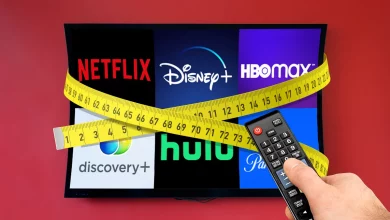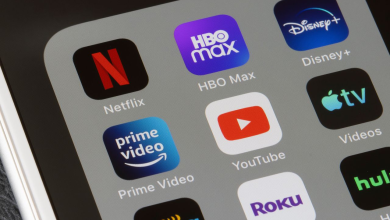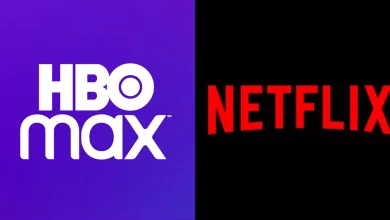How Streaming Has Rewritten the Script for Movies

Over the past decade, streaming services such as Netflix, Hulu, and Amazon Prime have revolutionized the way we consume media. Rather than heading to the theater or renting a DVD, more and more people are opting to stay home and stream their movies and TV shows online. This shift has had a major impact on the film industry, leading to what some are calling the “streaming revolution.”
One of the biggest changes brought about by streaming is the way movies are released. In the past, films would premiere in theaters before eventually making their way to home video platforms like DVD and Blu-Ray. This model allowed studios to maximize their profits by first targeting the more lucrative theater market.
With the rise of streaming, however, this model has been turned on its head. Many movies are now released simultaneously in theaters and on streaming platforms, making it easier for people to watch them from the comfort of their own homes. This has led to a decline in box office revenues and a shift towards the streaming model.
Another change brought about by streaming is the way movies are funded and produced. In the past, studios would typically fund and produce a film, with the aim of making a profit through box office and home video sales. With the rise of streaming, however, many films are now being funded and produced by streaming platforms themselves. This has led to a shift away from traditional studios and towards streaming companies.
One example of this is Netflix, which has become known for producing and releasing its own original content. This includes films such as “Roma,” which was nominated for numerous awards and even won three Oscars, including Best Director. Netflix has also produced a number of popular TV shows, such as “Stranger Things” and “The Crown,” which have gained a huge following and have helped to establish the company as a major player in the entertainment industry.
The streaming revolution has also had an impact on the way movies are marketed and promoted. In the past, studios would rely heavily on traditional methods such as trailers, posters, and TV commercials to promote their films. With the rise of streaming, however, social media has become an increasingly important tool for promoting movies. Streaming platforms like Netflix and Hulu have large social media followings, which they use to promote their original content and engage with their audience.
One of the biggest challenges facing the film industry in the age of streaming is the issue of piracy. With movies and TV shows available to stream online, it has become easier for people to access pirated content. This has led to a decline in revenues for studios and a loss of control over how their content is distributed.
Despite these challenges, however, streaming has also opened up new opportunities for filmmakers. With the advent of streaming, it has become easier for independent filmmakers to get their work out into the world and reach a wider audience. This has led to a rise in independent cinema and a greater diversity of voices in the film industry.
In conclusion, the rise of streaming has rewritten the script for movies, leading to a shift in the way they are released, funded, produced, and promoted. While there have been challenges, such as piracy, the streaming revolution has also opened up new opportunities for filmmakers and has helped to bring about a greater diversity of voices in the film industry.



